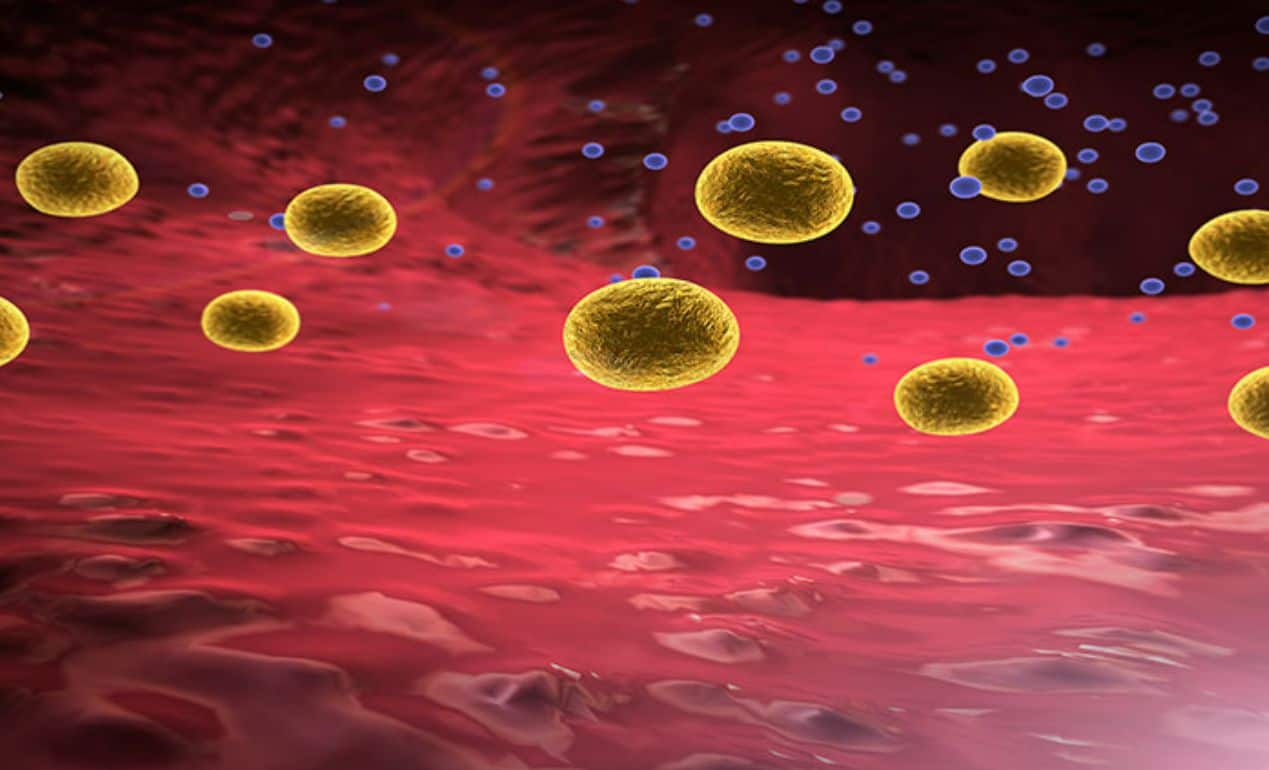Could versatile bile acids help tame intestinal inflammation?
Bile acids, which are produced by the liver, are well-known for aiding in the absorption of food.
However, a number of emerging studies from Harvard Medical School indicates that these fats- and vitamin-dissolving substances also play a role in gut immunity and inflammation by regulating the activity of key immune cells associated with a variety of inflammatory bowel diseases, including ulcerative colitis and Crohn’s disease.
First, a report in 2020 explained how bile acids affect mouse gut immunity. But it didn’t answer some important questions. To begin, how can bile acids induce gut immune cells to carry out their immune-regulatory functions? Second, which bacteria and bacterial enzymes are responsible for the production of these bile acids? Is it possible that these bile acids are involved in human intestinal inflammation?
Now, two new studies led by the same group of researchers—one published in Nature and the other in Cell Host & Microbe —answer these questions and provide more clarity to the initial findings. Sloan Devlin, assistant professor of biological chemistry and molecular pharmacology, and Jun Huh, associate professor of immunology at HMS, co-led the research, which was done at the crossroads of chemical biology, microbiology, and immunology.
They identify three bile acid compounds and their bacterial genes that alter the activity of immune cells that regulate inflammation. The findings also show that in individuals with inflammatory bowel disease, the presence and activity of these bacteria, as well as the immunological chemicals they create, are significantly reduced (IBD).
“We carry trillions of bacteria in and on our bodies, and a growing body of research indicates that gut bacteria can affect host immune responses,” says Huh. “Our findings provide a novel mechanistic insight into how these bacteria work to mediate immune regulation in the gut.”
The findings, which were based on mouse and human stool samples, disclose the identities of three key microbial participants in the bile acid modification cascade as well as the bacterial genes that regulate it. Furthermore, they show that patients with ulcerative colitis or Crohn’s disease have much-decreased amounts of anti-inflammatory chemicals as well as the bacterial genes responsible for their production in their intestinal samples.
Scientists are one step closer to developing small-molecule therapies and live bacterial medicines to control intestinal inflammation according to the discoveries.
“All three molecules and the bacterial genes that we discovered that produce these molecules are reduced in patients with IBD,” Devlin adds. “Restoring the presence of either the compounds or the bacteria that make them offers a possible therapeutic avenue to treat a range of inflammatory diseases marked by these deficiencies and affecting millions of people worldwide.”
Source: 10.1038/s41586-022-04480-z
Image Credit: Getty
You were reading: Fat-dissolving bile acids may help counter gut inflammation
